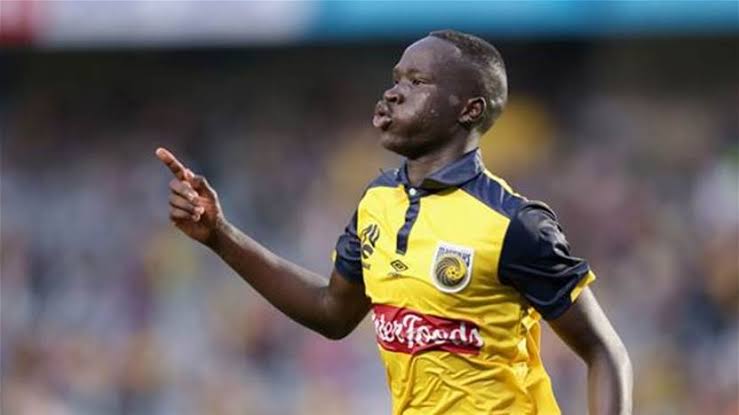As the sun sets on the 23/24 A League Men’s Season, the Mariners stand supreme as winners of the domestic double, adding a continental trophy for good measure. Only the 2023 Australia Cup eluded them this season after losing on penalties to eventual winners Sydney FC.
Meanwhile, we hear all sorts of rumours about the parlous state of the APL’s finances and the willingness of Paramount to stay on board as the TV partner.
Is the A League in trouble?
Certainly not on the Central Coast. Sell out crowds two weeks in a row; everyone talking about the team and shopping centres filled with kids in Mariners gear. You could just as easily be in a fanatical English town.
For the moment.
Football fans in Australia (beyond the passionate core in every club) are notoriously fickle. There are many reasons for this.
Probably the main one is the criminal lack of attention that football gets in the mainstream media. Sure, there’ll be a page or two around Grand Final week, or when the Socceroos or Matildas are in town, but apart from that the silence is deafening. It’s hard to maintain your interest in something when no-one else is talking about it.
There is also the fact that many in the mainstream media seem actively hostile to football. They only focus on those sports which either they themselves promote or which have already reached a critical mass of popularity. Somehow, they seem to regard football as a threat to those sports so they starve it of oxygen (except of course when there are hooligan stories to help perpetuate negative wogball stereotypes).
The other obvious problem is the lack of money in the game.
Clearly, any professional sport has to make its own contribution to its financial survival, but those sports already in robust health (like NRL and AFL) have received hundreds of millions of dollars from state and federal governments over the last decade or so. This money is usually a contribution to grounds and facilities, but it’s still serious money that the sports or the individual clubs have not had to raise themselves and is funded by taxpayers.
In contrast, football has received some money for the Matildas’ Centre of Excellence and (of course) the infamous grant for a doomed World Cup bid.
Neither of these contributions did anything to support the domestic professional league, which is struggling. Yet if taxpayers are funding this government largesse, why isn’t football getting in for its chop when football is by far the biggest participation football code?
Indeed, registrations for football (over 2 million this year) dwarf the other three codes combined. Why doesn’t this translate to greater support for both grassroots and professional football when there are more taxpayers involved in football than the other codes combined?
Why isn’t football lobbying for more support?
Part of the problem is that football is so fractured in governance terms. Football Australia has to get support for its programs from all of the state federations plus the APL (Australian Professional Leagues). The politics attendant among all these entities (and within them) is like cat herding on steroids.
The idea of achieving any sort of consensus on what is best for Australian football, and providing a united front to government, is weirder than science fiction (and I ought to know).
Football Australia is flush with money (apparently) so you’d hope they’ll be doing something to help the professional league, even though they’re busily creating their own new league (National Second Division). The Socceroos and Matildas deals are up for renegotiation and you’d expect that would be an opportunity to include the A Leagues (M and W) in negotiations (and maybe the NSD also). That, of course, would require co-operation between two organisations which have a history of dysfunction.
If it were to happen, it would have to be regarded as a reset – a chance to finally get right the management and marketing of professional football in Australia.
That includes the way the clubs are run – which brings us back to the Mariners. The history making treble (I still have a headache) did not happen by accident. Really good people were involved both in governance and in coaching.
The Mariners – smallest club with lowest budget – have shown all their wealthier and larger competitors how a football club can be run (and win things) on a shoestring. Owners Richard Peil and Michael Charlesworth – former CEO Shaun Mielekamp – deserve not only massive praise for what has been achieved, they deserve to be listened to. Mielekamp in particular ought to be in massive demand for how to create a genuine link between a club and its community (which is the secret behind the Mariners’ success).
The Mariners exemplify everything that is wonderful in Australian football right now. A community is united behind its team like never before and the rest of the league, the football powers that be, the mainstream media and the government(s) should be paying very close attention.
Adrian’s books can be purchased at any good bookstore or through ebook alchemy. His first sci-fi novel (Asparagus Grass) was published by Hague Publishing in July 2023. The ebook can be purchased here and the paperback can be ordered here or at your local store.



